Yachts, science and sustainability
Megan Hickling dissects a roundtable discussion on linking yachting enthusiasts with scientists and fostering ocean science for climate action…
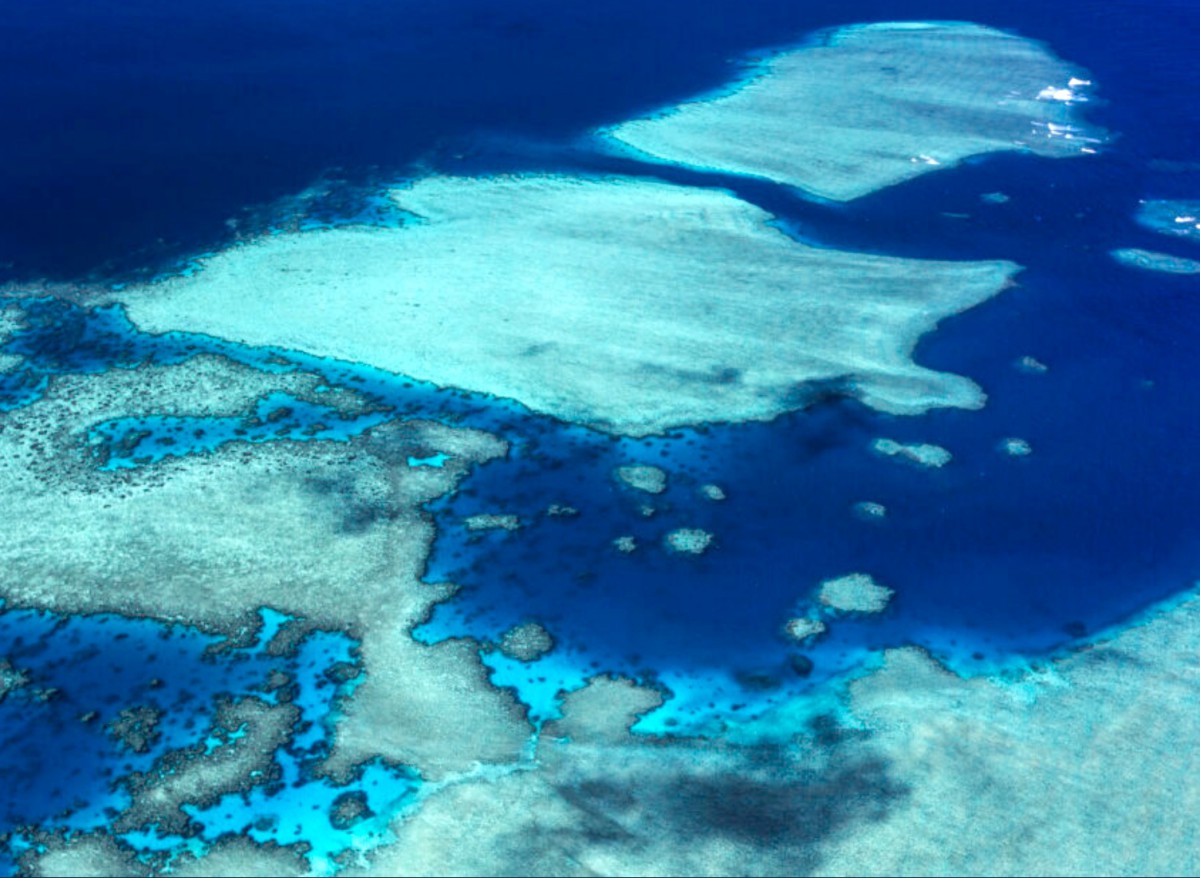 The BBC series Blue Planet connected many of us to the oceans, the abundance of life within them and the challenges they face. But it also featured the expedition yacht Alucia, showcasing the opportunities superyachts can provide to enact ocean advocacy and assist in critical ocean science to inform the fight against climate change. With yachts facing more questions than ever about their positive contributions to the world, there's more imperative than ever to get involved where possible in ocean advocacy and enabling ocean science.
The BBC series Blue Planet connected many of us to the oceans, the abundance of life within them and the challenges they face. But it also featured the expedition yacht Alucia, showcasing the opportunities superyachts can provide to enact ocean advocacy and assist in critical ocean science to inform the fight against climate change. With yachts facing more questions than ever about their positive contributions to the world, there's more imperative than ever to get involved where possible in ocean advocacy and enabling ocean science.
An online roundtable held on 6th December, brought together representatives from Triton Submarines, International Seakeepers Society, Shadowcat, and FarSounder to discuss how and why yachts and science should connect for the better, as well as potential barriers to this collaboration.
People onboard superyachts, whether it’s owners, guests or crew, will have a connection to some extent to the sea. Many have a deeper passion and interest for the oceans, so an appetite for involvement in ocean science projects can be easy to develop. An example given during the seminar was some people who bought submersibles purely for recreation had started offering these submersibles for scientific activity once they witnessed the wonders of the underwater world.
Aside from lending equipment or providing berths and space for scientists’ fieldwork, there are also other more passive, less involved options that the fleet can assist with. A perfect example of this is that of data loggers and the use of navigational equipment such as sonar to submit information to Seabed 2030. While the ocean covers about 71% of our planet, only a quarter of the ocean floor is mapped to modern standards, compared to 99% of Mars’ surface being mapped. Seabed 2030 is a global initiative aiming to resolve this by forming a complete map of the oceans by 2030. This is a win-win scenario – yachts can use state-of-the-art navigational equipment to visit the less explored areas of the ocean, which are the very same locations in most need of mapping. FarSounder assured that this is done entirely anonymously.
The collaboration projects can be easily adapted to the scale and capability of the vessel, with a key message of the roundtable being that of the ability for all yachts to get involved. Yachts for Science and the International Seakeepers Society assist in the matchmaking of the projects, whether it’s a couple of berths for a few days or more extensive chartering for longer periods.
Owners and shipyards need to be conscious of the potential involvement with scientific activity right from the beginning of the design phase. Shadowcat are currently doing this by pledging to keep science in mind throughout their projects and not for it to be first on the chopping block, by creating a default scenario of equipping data loggers and a multipurpose room for fieldwork. The shipbuilder has also developed a concept support yacht that not only operates on alternative fuels and improved efficiency systems such as heat recovery but includes extensive space for scientific activities such as wet and dry labs and a dive store in the design.
Another benefit is the impact of these projects on crew, as they are also passionate about the ocean. Involvement with scientific expeditions contributing to something with a larger purpose is likely to lead to increased crew retention because of improved job satisfaction.
Experience-based activities are becoming more popular with guests and owners, and this has a two-fold impact on this topic, not only connecting guests and owners to the ocean and hence developing the will for involvement, but also getting to assist with these activities and witnessing the science happening can also be an experience in itself. As such one of the calls to action during the talk was for charter operators to prove to guests the option of having scientists onboard during their stay.
It's clear from this roundtable that if there is an appetite from yacht owners and operators, there will be the potential to provide access and opportunity to ocean scientists and their projects, even if it is something as simple as submitting observations of marine fauna or providing information collected by data loggers. And if anyone reading thinks they can provide these kinds of opportunities or wishes to otherwise get involved, please do get in contact with the International SeaKeepers Society or Yachts for Science. It's key to get these opportunities known to those with decision-makers to ensure the collaborations between yachts and science happen.
Profile links
The International SeaKeepers Society
55.75m 11.90m 4.95m 1400
Joseph Artese Design
Ateliers et Chantiers C. Auroux
NEW: Sign up for SuperyachtNewsweek!
Get the latest weekly news, in-depth reports, intelligence, and strategic insights, delivered directly from The Superyacht Group's editors and market analysts.
Stay at the forefront of the superyacht industry with SuperyachtNewsweek
Click here to become part of The Superyacht Group community, and join us in our mission to make this industry accessible to all, and prosperous for the long-term. We are offering access to the superyacht industry’s most comprehensive and longstanding archive of business-critical information, as well as a comprehensive, real-time superyacht fleet database, for just £10 per month, because we are One Industry with One Mission. Sign up here.
Related news
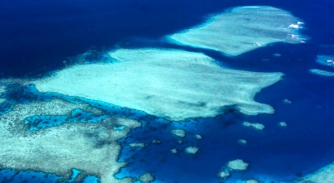
FarSounder joins sea mapping project
The forward-looking sonar technologies manufacturer has partnered with The Nippon Foundation to aid scientific research on the seafloor
Crew
_1-(1)-copy.jpeg)
DRIFT and Shadowcat launch hydrogen fleet
We sit down with Ben Medland and Jennifer Smith to explore their ambitious quest to build a net-positive mobile hydrogen supply network
Crew
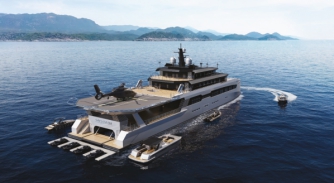
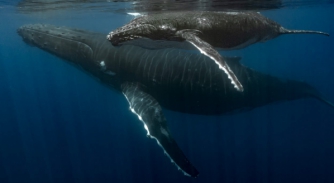
BBC Blue Planet III: We can help
As the third season of this iconic show enters production, your observations could prove pivotal to its next evolution
Crew
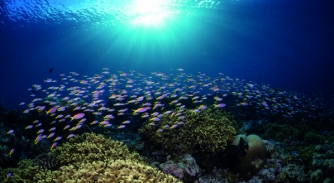
Ocean Census: Ten vital years to save the seas
A new marine scientific initiative sets out to redefine our understanding of the ocean ecosystem and our industry has a real opportunity to make an impact
Crew
Related news
FarSounder joins sea mapping project
1 year ago
DRIFT and Shadowcat launch hydrogen fleet
2 years ago
SHADOWCAT presents catamaran shadow vessel
2 years ago
BBC Blue Planet III: We can help
2 years ago
Ocean Census: Ten vital years to save the seas
2 years ago
NEW: Sign up for
SuperyachtNewsweek!
Get the latest weekly news, in-depth reports, intelligence, and strategic insights, delivered directly from The Superyacht Group's editors and market analysts.
Stay at the forefront of the superyacht industry with SuperyachtNewsweek



